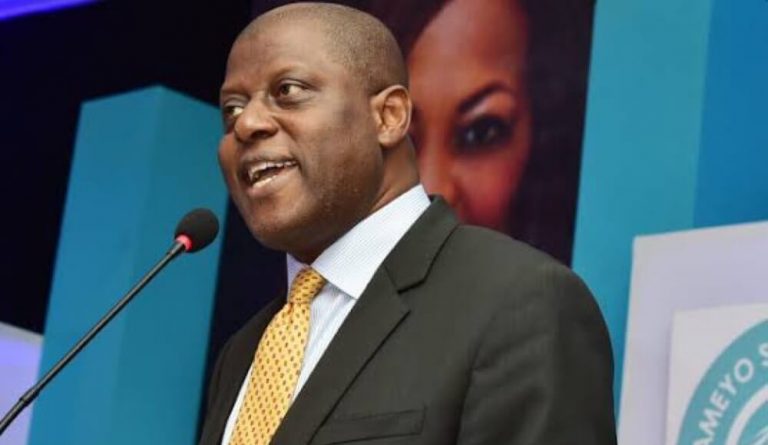
In a significant move to address the foreign exchange crisis, the Central Bank of Nigeria (CBN) has successfully paid approximately $2 billion to various sectors, including manufacturing, aviation, and petroleum, as part of its ongoing efforts to clear the backlog of outstanding foreign exchange liabilities.
The apex bank has also cleared the entire liability of 14 banks and initiated settlements with foreign airlines.
CBN spokesperson, Hakama Sidi Ali, announced these developments in Abuja on Wednesday, highlighting the central bank’s commitment to resolving the forex challenges that have plagued the Nigerian economy. She revealed that an independent forensic review, conducted by a reputable firm, uncovered grave infractions, gross abuse, and significant non-compliance with market regulations.
Tekedia Mini-MBA edition 16 (Feb 10 – May 3, 2025) opens registrations; register today for early bird discounts.
Tekedia AI in Business Masterclass opens registrations here.
Join Tekedia Capital Syndicate and invest in Africa’s finest startups here.
Ali said that the CBN would collaborate with relevant agencies to enforce appropriate sanctions, underlining the institution’s dedication to sanitizing the financial services sector and fostering trust among stakeholders.
“The CBN remains resolute in its commitment to sanitize the financial services sector and build trust in the Nigerian economy,” Ali stated.
The independent forensic review also paved the way for the commencement of payments for qualified transactions related to the forex backlog. Ali assured that the CBN would continue to settle legitimate foreign exchange obligations, a process that has been consistently implemented over the last three months.
Last week, the CBN disbursed approximately $61.64 million to foreign airlines through various banks, marking another step in reducing the remaining liability to the airlines. Ali explained that this initiative is part of the broader strategy to address the forex crisis, which has been a persistent challenge for Nigeria, affecting its international financial obligations, including the repatriation of revenues for multinational companies operating in the country.
The Minister of Finance, Wale Edun, had previously linked the decline of the naira to the approximately $6.8 billion in overdue forward payments in the foreign exchange market. Edun stressed the importance of addressing this issue for the stabilization of the local currency. To tackle the forex backlog, the CBN announced the government’s move to raise about $10 billion with the assistance of banks.
Last year, Kamil Alawadhi, Regional Vice President, Africa and Middle East, International Air Transport Association (IATA), raised concerns over the total amount owed by countries in Africa and the Middle East. He revealed that Nigeria alone accounts for almost half of the blocked or trapped funds valued at $2.57 billion. Nigeria’s debt to foreign airlines stands at $792 million, a significant portion of the total trapped funds owed by various countries in the region.
The forex obligations in Nigeria have accumulated over time, reaching an estimated $10 billion, posing challenges for attracting Foreign Direct Investment (FDI) and Portfolio Direct Investment (PDI). The backlog includes unfulfilled demands from investors and exporters, manufacturers, importers procuring raw materials from overseas, parents funding children’s tuition fees abroad, Nigerians covering medical expenses abroad, and travelers obtaining Business Travel Allowances (BTAs) and Personal Travel Allowances (PTA) since 2015.
To address the backlog, the Nigerian government has been actively seeking solutions, including securing loans securitized with crude oil. In August, the Nigerian National Petroleum Company Limited (NNPCL) announced the signing of a commitment letter and Termsheet with the Trade Finance Bank for Africa, Afreximbank, for an emergency $3.3 billion crude oil repayment loan.
Nigeria has received an initial disbursement of $2.25 billion out of the approved amount, with a second tranche of $1.05 billion expected to be disbursed subsequently. These measures aim to alleviate the forex challenges and restore stability to the Nigerian economy.



